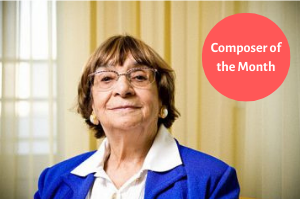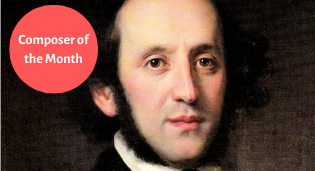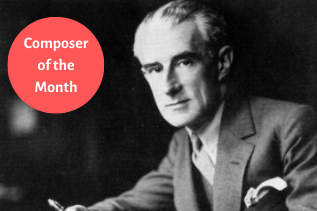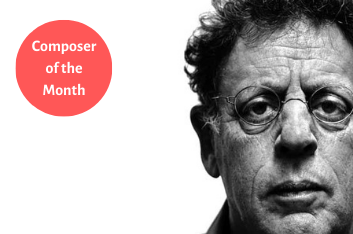Blogs
Philip Sparke ‘The Land of the Long White Cloud’: A New Journey
Philip Sparke: The Land of the Long White Cloud Context Born in 1951 in London, Philip Sparke studied composition, trumpet and piano performance at the Royal College of Music. Due to his affiliation with brass, Sparke is known for his many popular works for both brass bands and wind orchestras. Read more…




